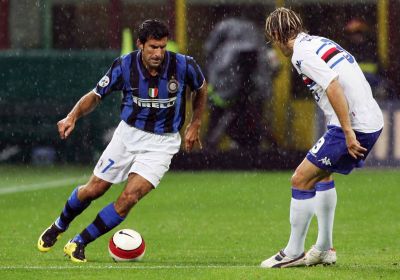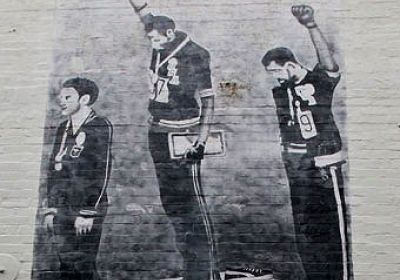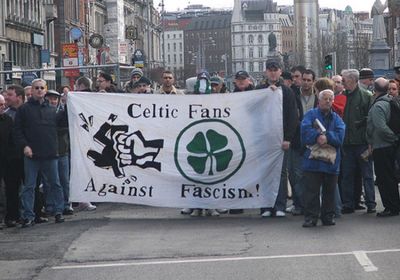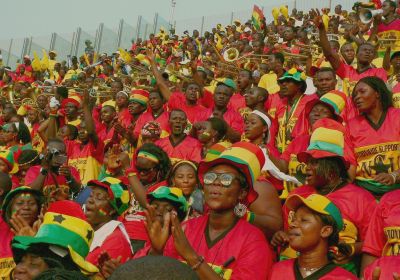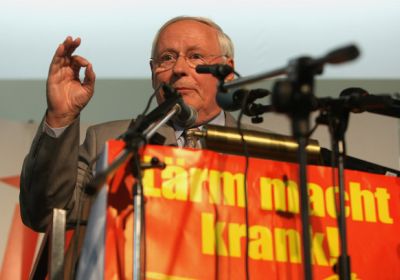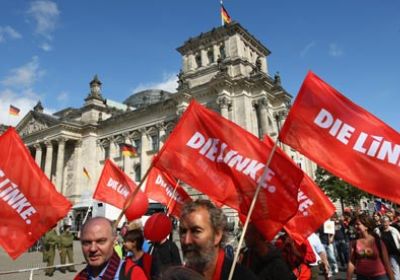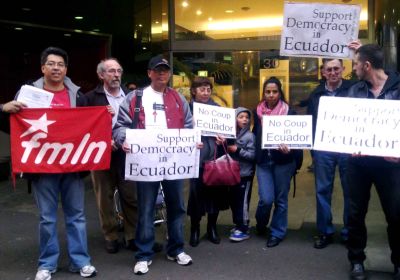
On September 30, Ecuador descended into chaos as a protest by sections of the police force and army turned into a potentially bloody coup against left-wing President Rafael Correa.
At about 8am, sections of the Ecuadorian Armed Forces and the national police went on strike, occupying police stations and barracks in the capital Quito, in Guayaquil and in at least four other cities. They set up road blocks with burning tyres, cutting off access to the capital.
